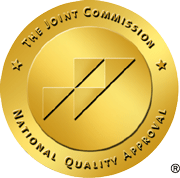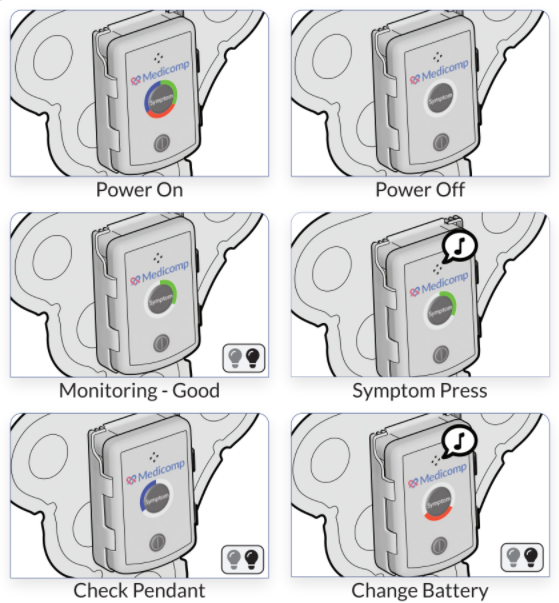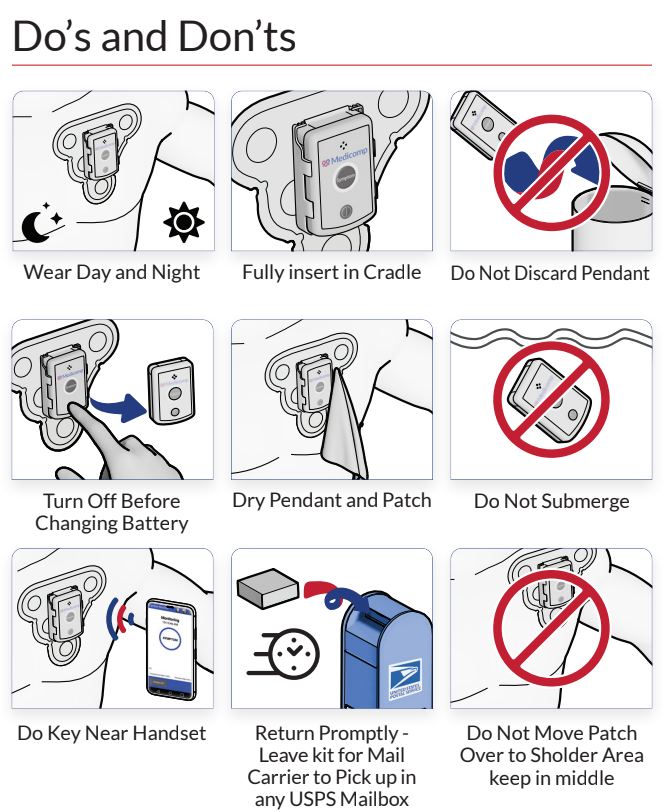Any disturbance in your resting heart rate is known as an arrhythmia. These disturbances may occur due to medications or chemicals in the blood, stress or anxiety, or because of coronary heart disease. Because your heart pumps blood and much-needed oxygen and nutrients to the cells of the body, a disturbance in this delivery system will eventually affect your entire body. Arrhythmias take on different forms, from a very slow heart rate to an exceedingly fast one, or possibly an uneven beat. Below are varied forms of arrhythmias presented by the ECG monitor specialists at ReactDx.
- Tachycardia – When your resting heart rate is more than approximately 100 beats per minute, it is called tachycardia. If you have just exercised and cooled down and are now sitting in a chair, this is not considered your resting heart rate. Wait a while before you take your resting pulse. Supraventricular (“supra-“ means above; “supraventricular” would mean above the ventricles) tachycardia is a rapid heart rate that begins in the upper chambers of the heart – the atria – or in the atrioventricular node. This type of tachycardia is generally not life threatening. Atrial flutter and atrial fibrillation are both types of supraventricular tachycardia. Ventricular tachycardia, on the other hand, is much more life threatening. The ventricles, or lower heart chambers, cannot pump efficiently during ventricular tachycardia and ventricular fibrillation may occur. The uncontrolled “waves” of ventricular tachycardia, rather than normal, singular beats, require immediate attention.
- Bradycardia – Less than 60 beats per minute is indicative of bradycardia. Bradycardia is common in athletes, but if your heart rate is too slow, not enough blood circulates through the body and your cells starve. A heart block may sometimes cause bradycardia.
- Palpitations – If you can feel your heartbeat, or if your heart feels like it is racing, skipping a beat, or thumping uncontrollably, these are called palpitations. Palpitations can be caused by caffeine (which is a stimulant) or nicotine (which may be a stimulant or depressant), emotional stress or excitement, or physical activity. Occasional palpitations are normal, but if you experience palpitations frequently, it might be a more serious form of arrhythmia.
- Heart block – Most often associated with age and coronary heart disease, a heart block is a delay or blockage of the electrical signal from the atria to the ventricles.
Prescribed medications that may cause arrhythmias include appetite suppressants, beta blockers, asthma medications, or thyroid medications. Recreational drugs such as cocaine, amphetamines, or alcohol can cause arrhythmias.
Arrhythmias can be a symptom of a more serious disorder: coronary heart disease, abnormalities of heart valves or muscle tissue of the heart, congenital heart disease, hyperthyroidism, significant electrolyte abnormalities, or disorders affecting the electrical activity of the heart.
If you experience any of these forms of arrhythmias for a short period of time, contact your cardiologist, who may request an ECG monitor to determine if your heart is functioning properly. For any pain or discomfort, such as pressure, heaviness, or tightness of the chest or neck, arms, back, or shoulders that last more than ten minutes, call 911, or have someone drive you to the emergency room.



